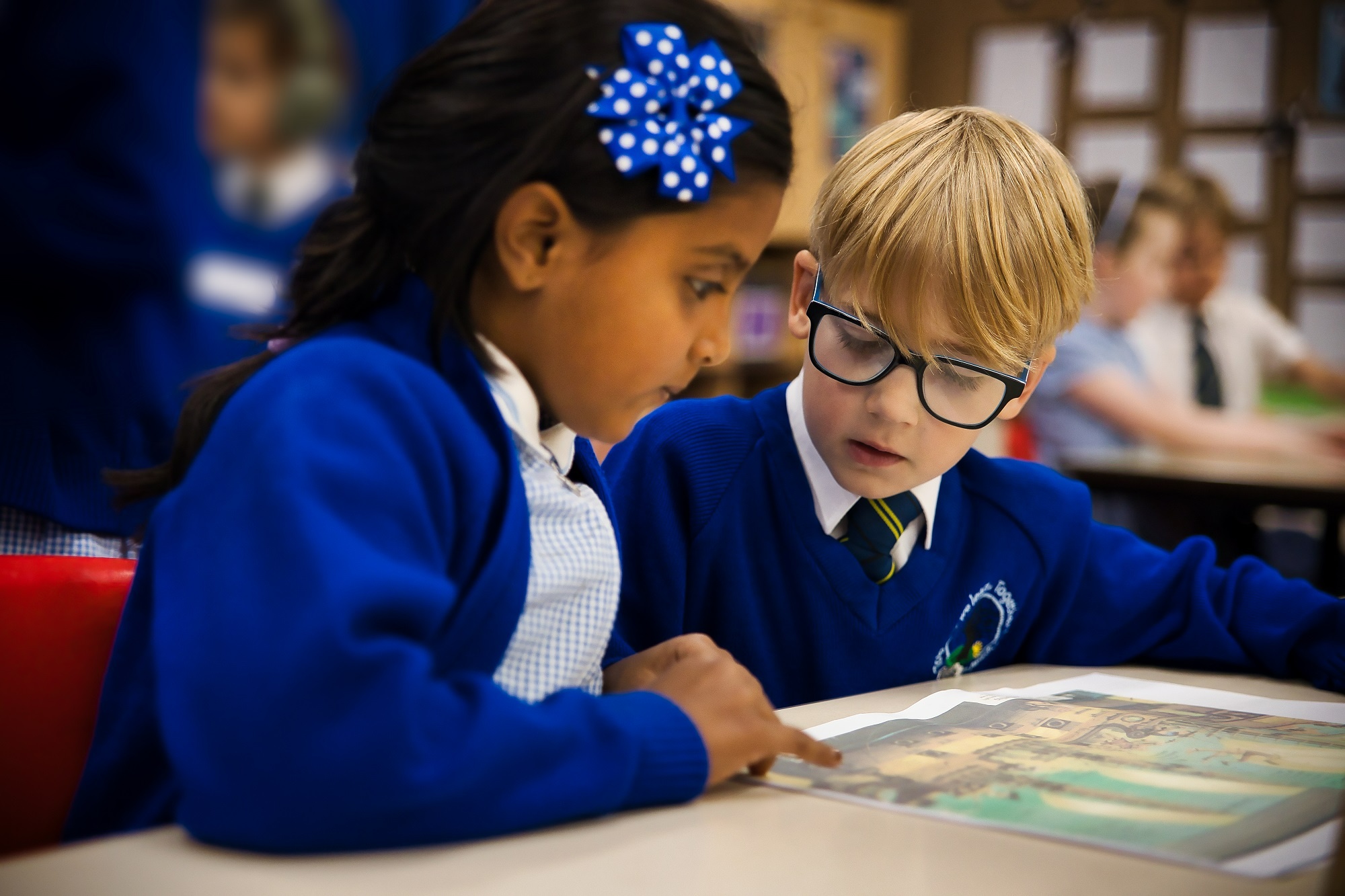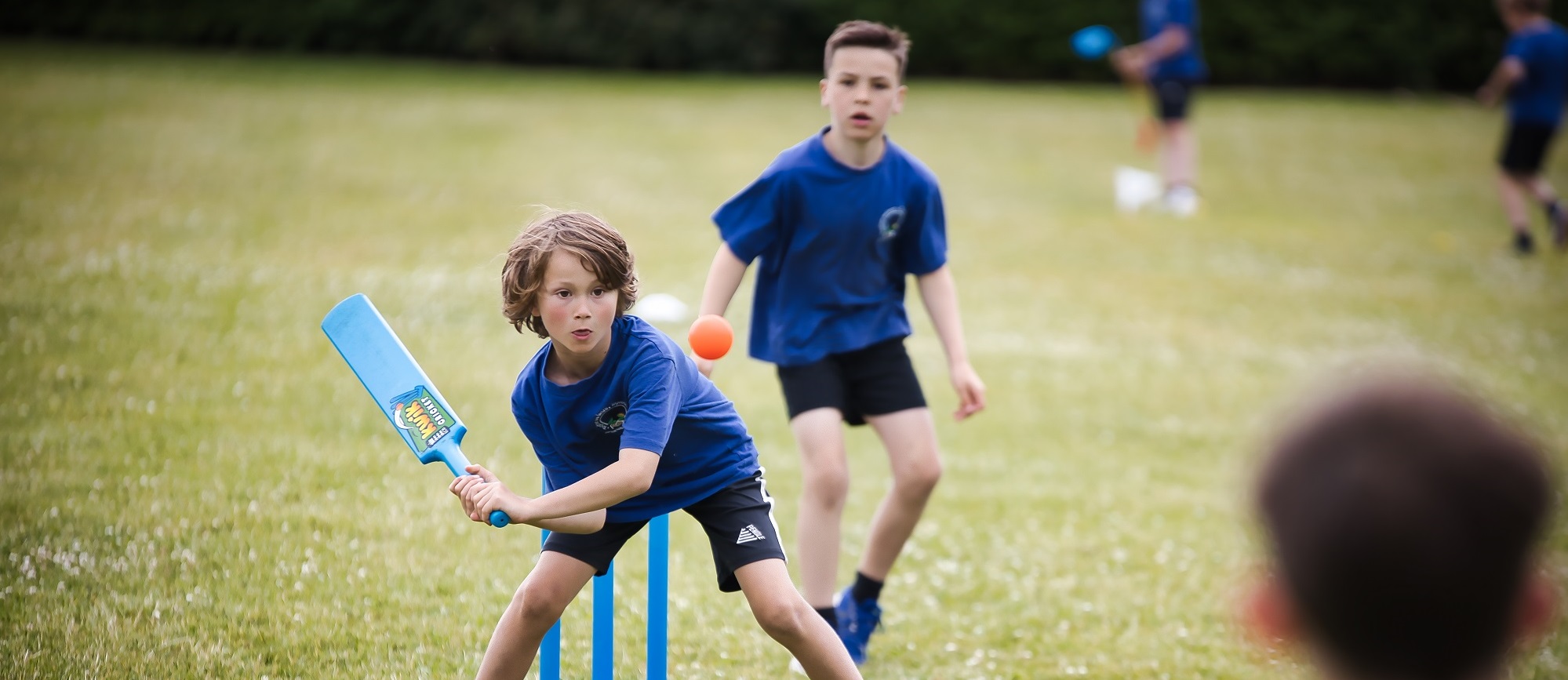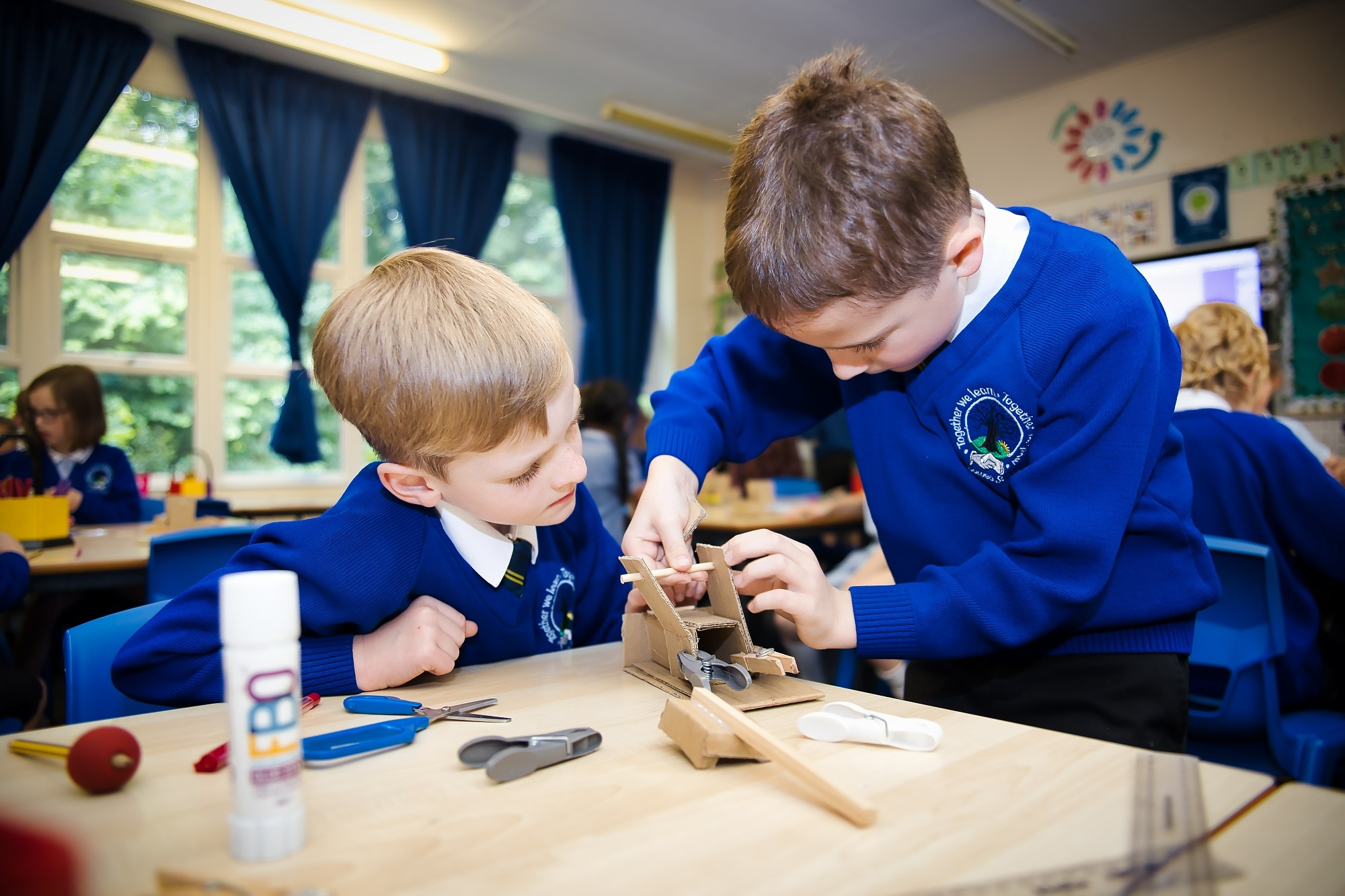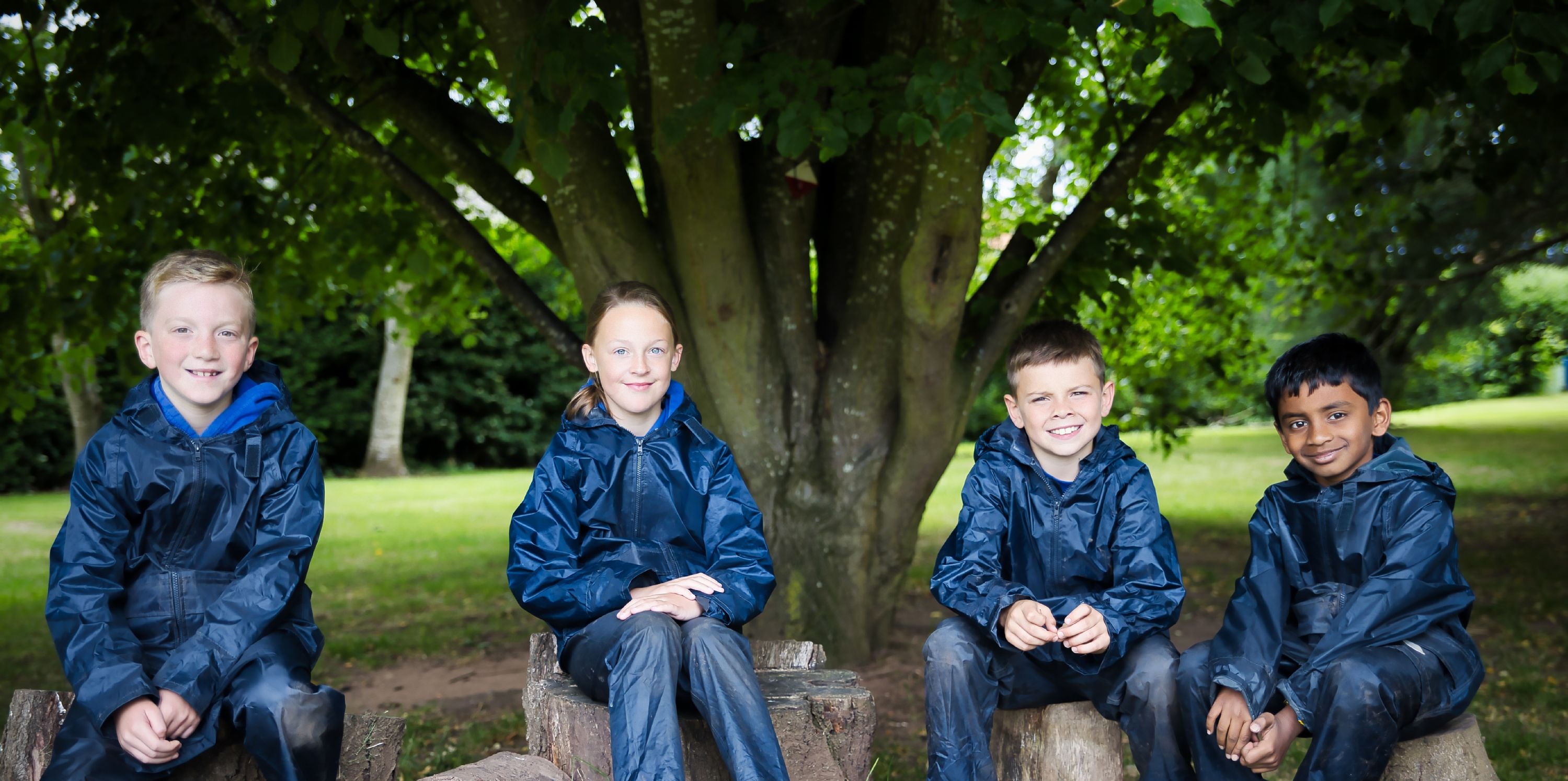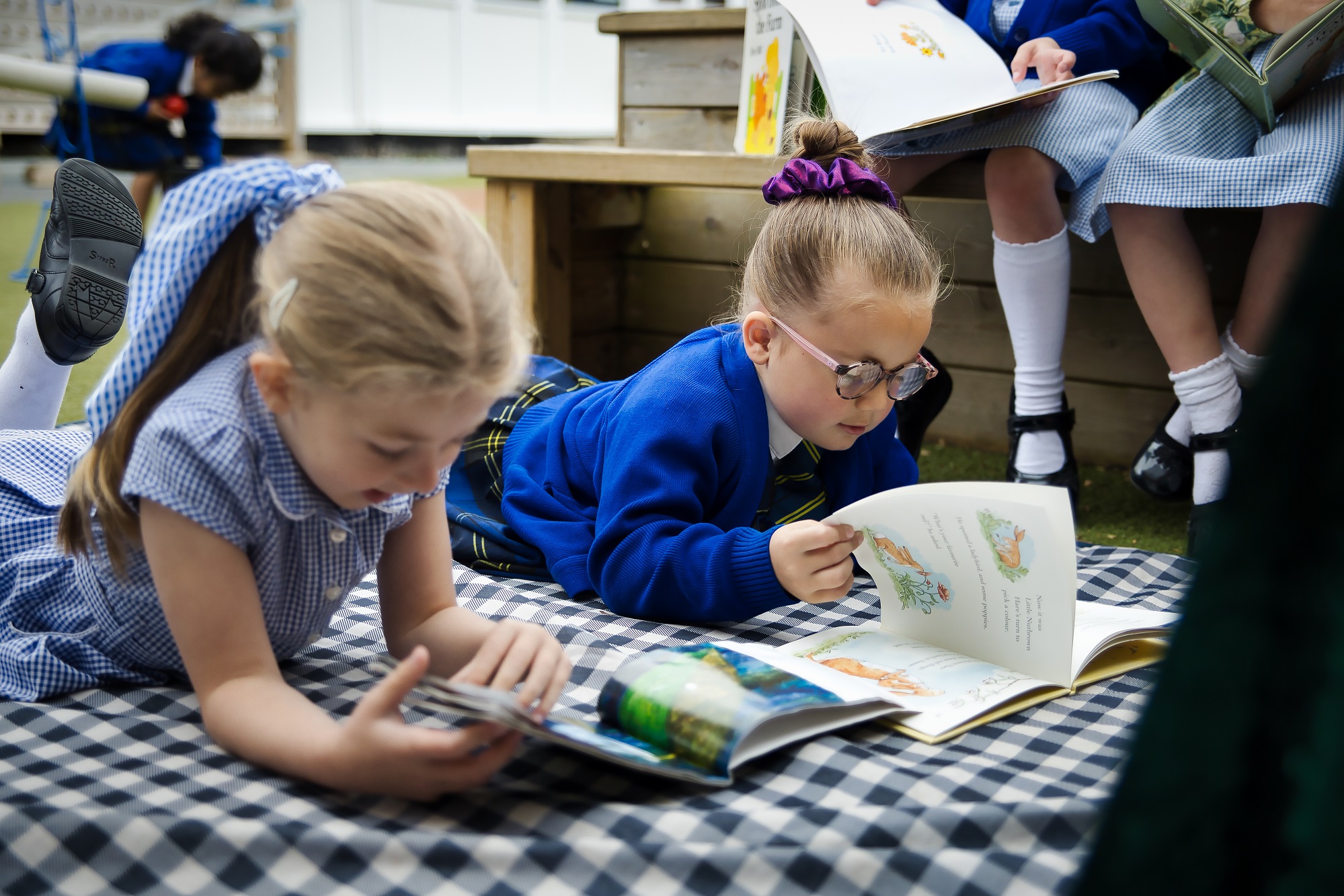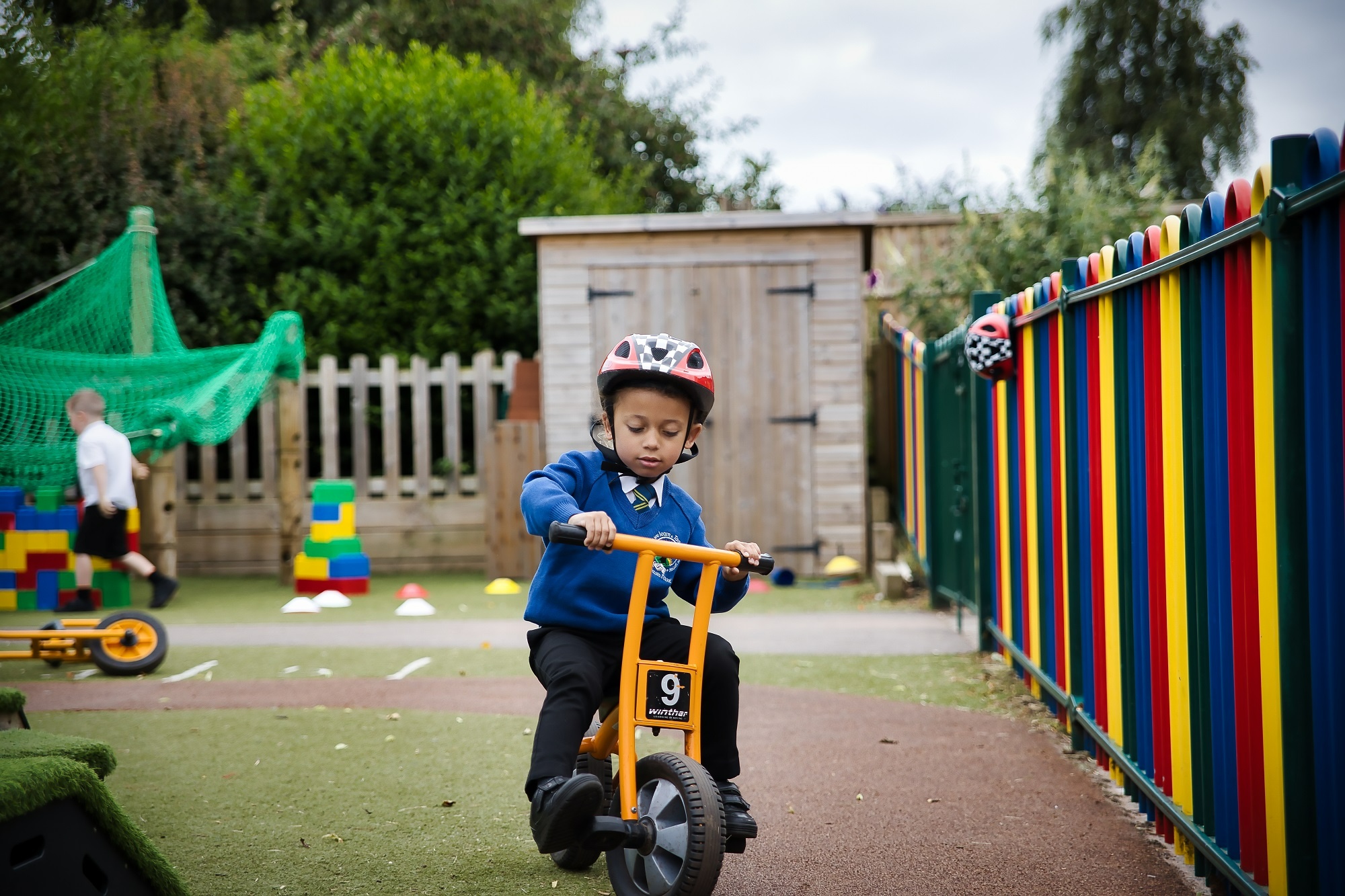SafeGuarding and the curriculum
At Leasowes, the children are taught that safety always comes first. Our taught and wider curriculum takes into account that safety is multi-faceted. We aim to equip children with the knowledge and skills they need in order to stay safe in a range of different contexts. Our ethos is to ensure our children feel able to talk about their concerns and feel listened to by all staff members at school. Where children feel unable to talk to an adult, every classroom has a ‘Questions and Concerns’ box.
Through our strong rooted values, charter and behaviour policy, children learn how to develop their personal safety in order to keep themselves and others safe at school. For example, our school charter statements include: always have kind hands, kind feet and use kind words; look smart and act smart. When using the playground, children are taught to follow our playground rules so that they are ready, respectful and safe. This creates a school environment where all children can learn and develop (Article 28 – right to education) whilst also ensuring children can enjoy their right to play (Article 31 – leisure, play and culture).
Our school assemblies are themed around our 6 school values whilst also addressing wider issues such as peer-on-peer abuse, anti-bullying and online safety. All assemblies are linked to our British Values as well as the UN convention on the rights of the child.
Our Rights Respecting Schools status ensures children are taught about the rights of the child across the curriculum. They cover a range of safeguarding issues: Article 19, protection from violence, abuse and neglect; Article 27, adequate standard of living and Article 34-36, forms of exploitation (to name a few). Fortnightly First News assemblies also allow children to discuss and debate national and global current affairs linked to issues of safety. Through these assemblies, children have been exposed to discussions surrounding the COVID vaccinations for children and the recent war in Ukraine.
Our PSHE curriculum, using the Jigsaw scheme, follows 6 units: Being Me, Celebrating Differences, Dreams and Goals, Healthy Me, Relationships and Changing Me. The scheme aims to prepare children for their later lives, helping them to develop a sense of self and valuing who they are. They learn about the importance of staying safe through a range of issues such as mental health, building relationships and anti-bullying.
In our EYFS and KS1, children learn about Pantosaurus using the NSPCC resources, and that what is in our pants is private. We are also taking part in the ‘NSPCC Speak Out Stay Safe’ safeguarding programme for children aged 5-11.
At Leasowes, children learn that staying healthy encompasses both physical health as well as mental health and well-being, which is supported by the delivery of both our PE and PSHE curriculums (Article 24).
In our ever-changing society, the delivery of online safety forms a fundamental part of our Computing curriculum. Each half term, each year group covers a different online safety lesson from Project Evolve. These include themes of self-image and identity; online relationships; online reputations; online bullying; managing online information; health, wellbeing and lifestyle; privacy and security; and copyright and ownership. We also celebrate Safer Internet Day every February.
Our wider curriculum includes enrichment activities and opportunities such as walks in the local area, attending swimming lessons and the Bikeability cycling scheme to ensure our pupils are ‘road safe’ and have skills that will equip them in their later lives. Health and safety forms a firm foundation of many lessons within our curriculum including Design and Technology (particularly food technology) and Science (e.g. working with electricity). We also have strong teams of pupil leaders such as the Safety First team and ECO committee who have been crucial in making key decisions in regards to health, safety and wellbeing at Leasowes.
Useful Links:
Staffordshire Children's Advice and Support
Staffordshire Safeguarding Children Board - Parents and Carers
CEOP - Child Exploitation and Online Protection
Young Minds - Mental Health Support
Childline - Online, On the Phone, Anytime
111: Non-Emergency Health Advice

